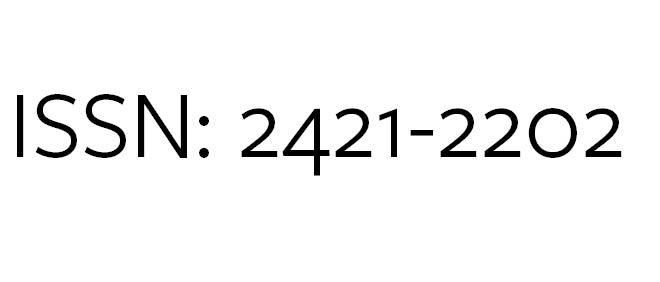Psychometric Properties of the Positive and Negative Affect in Studies: The PANASS Scales
Annamaria Di Fabio, Andrea Svicher
The Positive and Negative Affect Schedule (PANAS) scales represent a well-established tool extensively employed to measure affective states in both research and applied settings. This study examined the psychometric properties of the Positive and Negative Affect in Studies Schedule (PANASS) scales, adapted from the PANAS to the study context. One hundred and seventy-three university students completed the PANASS, along with the Flourishing Scale (FS) and the Satisfaction with Life Scale (SWLS). Confirmatory factor analysis (CFA), Cronbach’s alphas, and Pearson’s correlations were computed. The CFA supported a two-factor model representing the Positive Affect in Studies Schedule (PASS) scale and the Negative Affect in Studies Schedule (NASS) scale, with acceptable fit indices (CFI = .936; TLI = .924; RMSEA = .062 SRMR = .051). Internal consistency values were satisfactory for both PASS (α = .86) and NASS (α = .84). In terms of concurrent validity, PASS was positively related with both FS (r = .31, p < .01) and SWLS (r = .28, p < .01), whereas NASS demonstrated negative relationships with FS (r = -.26, p < .01) and SWLS (r = -.24, p < .01, respectively). Findings indicate that the PANASS is a reliable instrument for capturing positive and negative effects in studies among university students.
Keywords
PANAS, PANASS, Positive Affect in Studies, Negative Affect in Studies, PASS, NASS, University students.



